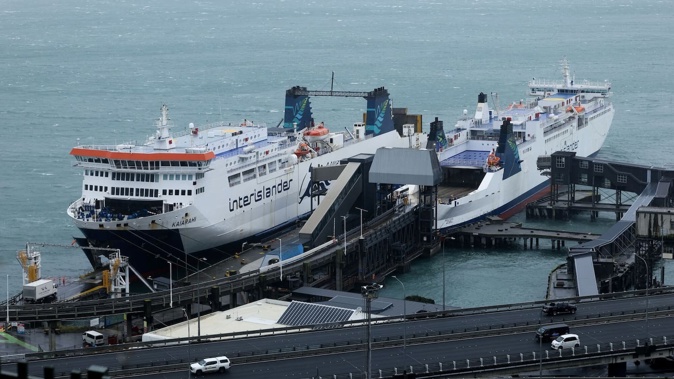
The NZ Media Council has upheld a complaint against the NZ Herald for publishing inaccurate information in summary bullet points added to a syndicated Radio New Zealand (RNZ) article about Cook Strait ferry contracts.
On March 1, 2025, the NZ Herald published an RNZ article titled “Hyundai in running to build two new Cook Strait ferries”, but altered the headline to “Hyundai may again bid for Cook Strait ferries after Winston Peters meeting” and added bullet points, including the claim: “The government cancelled a previous $3 billion order with Hyundai due to cost blowouts”. These additions were not part of the original RNZ story.
Wayne Smith lodged a complaint on March 2, arguing that the bullet points were factually incorrect. He pointed out that the Hyundai contract was a fixed-price agreement worth $551 million and could not have experienced cost blowouts. The broader $3 billion figure referred to the total project cost, including port upgrades, not the Hyundai contract itself.
Initially, the NZ Herald referred Smith to RNZ, citing standard industry practice for syndicated content. However, the Media Council ruled that the NZ Herald was responsible for the material it added and was therefore obligated to consider the complaint. The NZ Herald later acknowledged that the bullet points were written by one of its digital producers, not RNZ, and issued a correction on May 9 — more than two months after the article’s publication.
The Media Council found that the NZ Herald had breached Principle (1) Accuracy, Fairness and Balance. It noted that the factual inaccuracies were significant and widely known to be incorrect, and that the publication failed to act promptly when the errors were pointed out.
The Media Council rejected the NZ Herald’s argument that it could not amend syndicated content. Further, when a syndicated article is published and a clear error is established, a correction must be published even if the error was in the original syndicated article. In this case, the inaccurate content was written by the NZ Herald, so the material was clearly its own responsibility.
The publication has since committed to no longer adding bullet points to syndicated stories and to improving its processes.
The full Media Council ruling can be found at Media Council - Wayne Smith against the New Zealand Herald.
Take your Radio, Podcasts and Music with you









